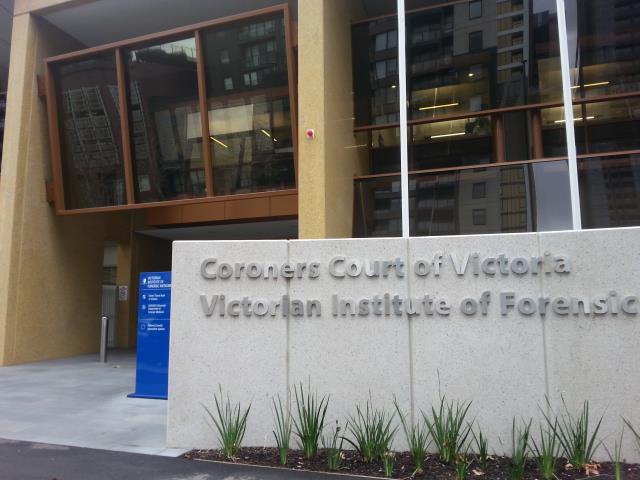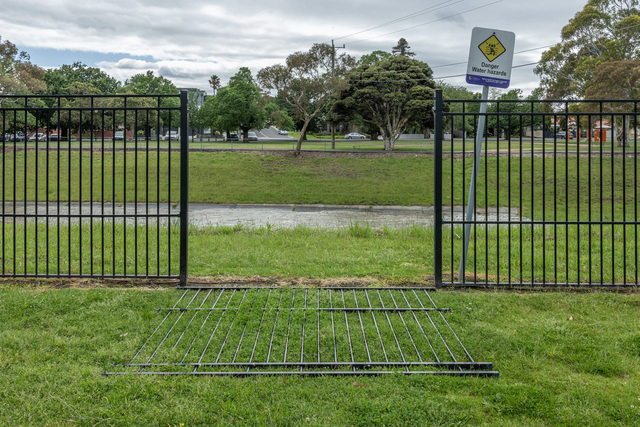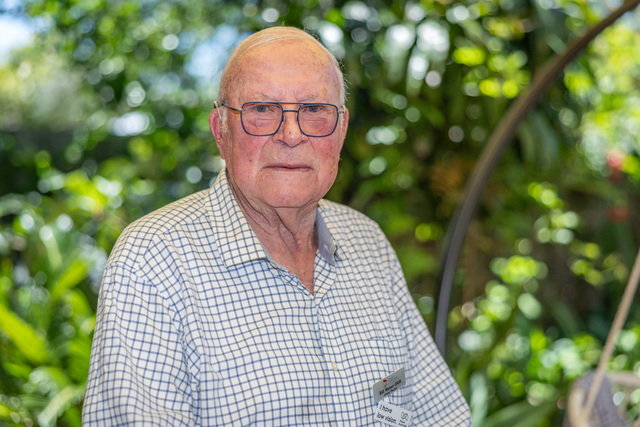A State Coroner has revealed a cascade of failures by the State’s family violence response centre and child protection service during an investigation of the death of a Casey resident who experienced numerous forms of family violence before she took her own life.
Sara Kaber (pseudonym), aged 22 at the time of the death, was found in the backyard of her residence on the afternoon of 3 February 2018.
She died due to complications from her injuries on 5 February.
Born in Afghanistan, Ms Kaber married her husband in 2013 and entered Australia under a spousal visa in 2015.
She had a five-month-old child and was living with her husband’s extended family of seven at the time of her passing.
Her husband was present at the home despite an active interim Family Violence Intervention Order that excluded him from the family residence.
The coroner report exposed the long-term physical and mental family violence inflicted on Ms Kaber by her husband and his family.
She suffered from suicidal ideation and tried to harm herself several times.
One of the reported violent acts was on 26 November 2017 when her husband slapped her in the face in a carpark in Cranbourne.
Ms Kaber left home with her child earlier after having a conflict with her husband’s family and being assaulted by a family member.
The police arrested the husband, charged him with assault, and issued a Family Violence Safety Notice to protect Ms Kaber and her child from the perpetrator.
Safe Steps and Child Protection were notified to provide services to Ms Kaber. Their response was found by State Coroner John Cain to raise several “concerns”.
Safe Steps, Victoria’s only 24/7 domestic and family violence crisis response centre, supports victims and survivors with a range of services including accommodation.
Unable to secure emergency accommodation, it arranged Ms Kaber and her child into a motel where she had “limited access to supports or practical services to care for a baby”.
Ms Kaber left the motel after nine days, stating that she felt lonely and homesick and that she felt safe in the house with her husband alone and without her in-laws.
The next and last time Ms Kaber contacted Safe Steps was on 25 and 26 January 2018, a week before her suicide, when she requested its housing assistance and was turned down.
The crisis hotline referred her to a homelessness helpline and appeared not to conduct any risk assessment.
Coroner Cain pointed out the agency’s failures to offer Ms Kaber appropriate support while she was in emergency accommodation, to link her with mental health supports, to conduct risk assessments, and to provide her with appropriate services when she called them in January.
Safe Steps’ internal review echoed the series of failures and noted that the case management provided to Ms Kaber was “reactive instead of proactive”.
A delay by the agency in notifying Child Protection about her return to the family residence was discovered.
Child Protection, the other major service involved, was also found to fail to link Ms Kaber with appropriate support such as InTouch, a specialist family violence provider for migrant and refugee women.
It did not refer her to culturally appropriate support despite the Child Protection Manual suggesting that multicultural services “can provide secondary consultations and case management to address cultural complexities and assist practitioners to work with families in a way which is culturally responsive”.
Child Protection also failed to respond properly to the disclosures of family violence perpetrated by the extended family, the coroner found.
After a home visit on 24 January 2018, Ms Kaber indicated to the agency that her mother-in-law was upset with her about Child Protection’s continuing involvement with the family and she did not feel safe meeting with the service at home.
Aware of the situation, the agency did not undertake any safety planning and did not take any further action to address the family violence against Ms Kaber, the coroner found.
Under the agency’s practice guidelines, practitioners are required to undertake a risk assessment to “determine the likelihood of ongoing or future violence towards the non-offending parent and their children” and work with other support services to develop a safety plan to reduce risk.
However, Coroner Cain found that Child Protection did not take these steps and “lacked the insight and information required to adequately understand the risk posed to Ms Kaber and her child’s safety and provide meaningful intervention to support their safety needs”.
Information sharing across services is also concerning as the evidence showed the agency did not proactively liaise with any of the services involved with Ms Kaber, except Safe Steps, or work collaboratively with those services to support her and her child, the coroner found.
The coroner report stated that Child Protection had reported improvements in practice and understanding of working with families involved in domestic violence since this fatal incident.
Casey ranked the highest for family incidents in Victoria in the year ending September 2023, with a total of 5426 reported cases.







